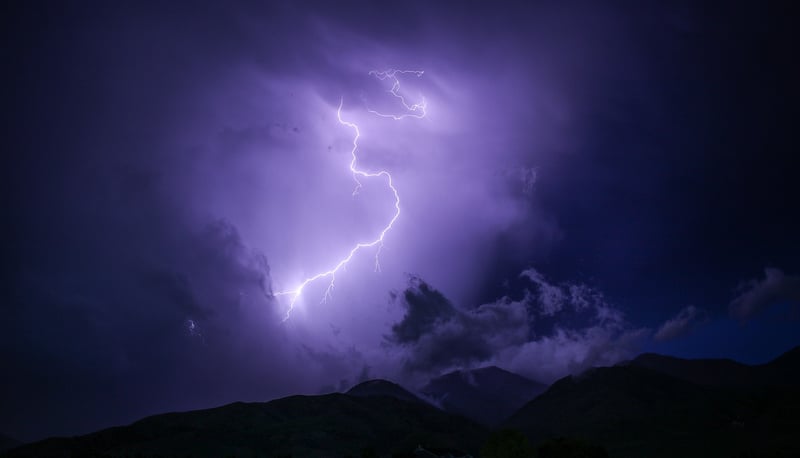Emergency Planning
Protection Against Potential Risks and Emergency Planning
Introduction
When it comes to safeguarding yourself, your loved ones, and your belongings, being prepared for potential risks and emergencies is crucial. By having the right protection measures in place and a well-thought-out emergency plan, you can minimize the impact of unforeseen events and ensure the safety of everyone involved.
Identifying Potential Risks
Before creating a comprehensive emergency plan, it's essential to identify potential risks that may affect your home, workplace, or community. Common risks include natural disasters like earthquakes, floods, hurricanes, and wildfires, as well as human-made hazards such as fires, chemical spills, and security threats.
Steps to Protect Against Potential Risks:
- Install smoke detectors and carbon monoxide alarms in key areas.
- Secure heavy furniture and appliances to prevent tipping during earthquakes.
- Regularly maintain heating, ventilation, and air conditioning systems to reduce fire risks.
- Keep emergency supplies such as food, water, first aid kits, and flashlights readily available.
Creating an Emergency Plan
An emergency plan outlines the necessary steps to take in various crisis scenarios to ensure a coordinated and effective response. It should include evacuation routes, communication protocols, and designated meeting points for family members or colleagues.
Key Components of an Emergency Plan:
- Establish an emergency communication system to stay in touch with all parties.
- Designate responsibilities to individuals for specific tasks during an emergency.
- Practice drills regularly to familiarize everyone with the plan and identify areas for improvement.
- Keep important documents such as insurance policies and identification in a secure, easily accessible location.
Conclusion
By proactively protecting against potential risks and having a well-prepared emergency plan, you can mitigate the impact of emergencies and ensure a swift and organized response when needed. Remember, preparedness is key to keeping yourself and others safe in times of crisis.

Stay informed, stay prepared, and stay safe!
